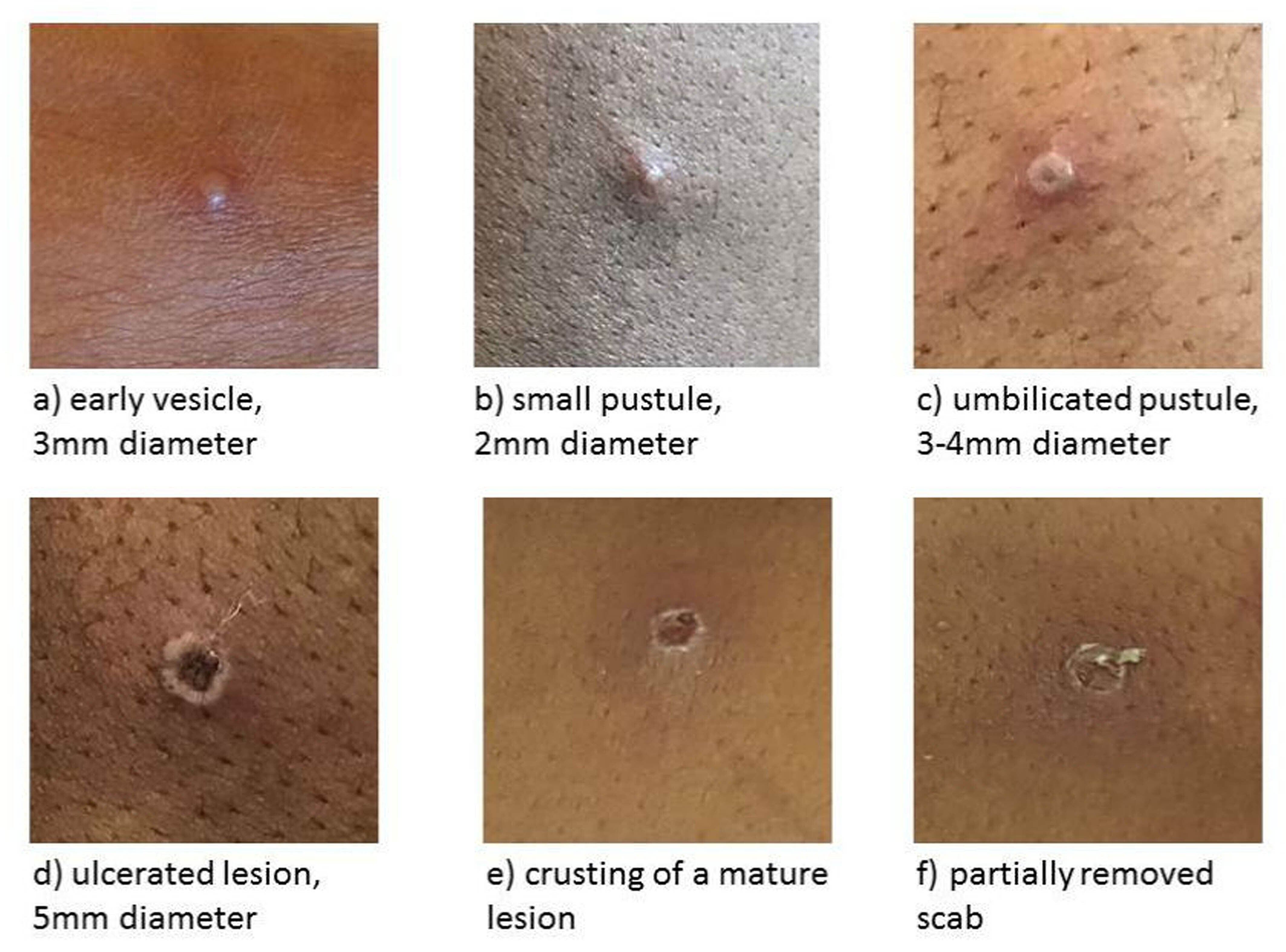Monkeypox: Eight more cases detected in England as UK total rises to 90
Figure includes three infections in Scotland, and one in each in Northern Ireland and Wales
Eight more cases of monkeypox have been detected in England, the UK Health Security Agency (UKHSA) said.
It brings the total number of cases confirmed in England since 7 May to 85.
There have been three confirmed cases in Scotland, one in Wales and one in Northern Ireland, taking the UK total to 90.
Despite the rise in cases, the UKHSA has said the risk to the overall UK population “remains low”.
Gay, bisexual and men who have sex with men are being urged in particular to be aware of symptoms, especially if they have recently had a new sexual partner.
A smallpox vaccine is also being offered to close contacts to reduce their risk of symptoms and severe illness.

Dr Susan Hopkins, chief medical adviser of the UKHSA, said: “We are continuing to promptly detect new monkeypox cases through our extensive surveillance network and NHS services.
“If anyone suspects they might have rashes or lesions on any part of their body, particularly if they have recently had a new sexual partner, they should limit their contact with others and contact NHS 111 or their local sexual health service as soon as possible - though please phone ahead before attending in person.”
UKHSA teams have been tracing high-risk contacts of those with a confirmed case and are advising contacts to isolate for 21 days.
Join our commenting forum
Join thought-provoking conversations, follow other Independent readers and see their replies
0Comments